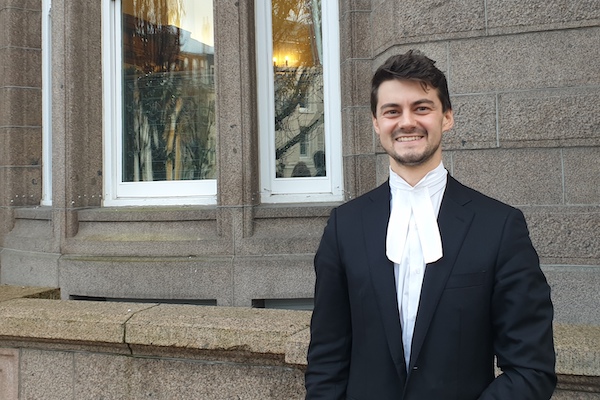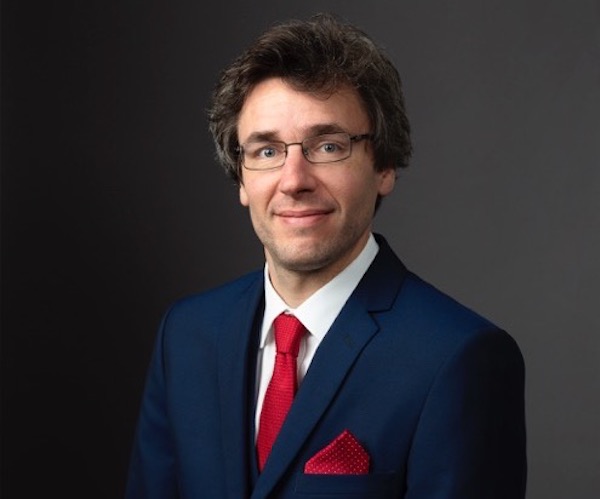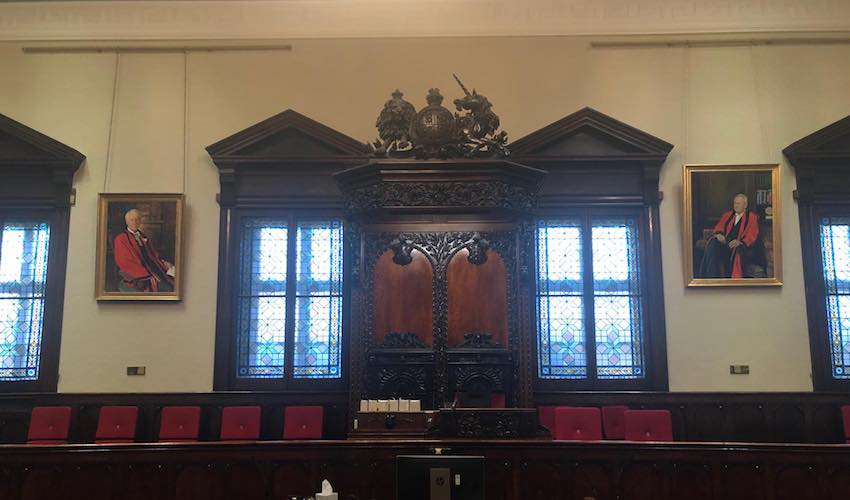
A jury of five women and six men will be returning to the Royal Court this morning to continue their deliberations over whether two men raped a teenage girl at St. Aubin’s Fort.
Ian Pryor is facing two counts of rape, while Anthony John Quant is facing one count of rape, and one count of indecent assault. Both men deny the charges against them.
The woman was allegedly raped twice by Mr Pryor and once by Mr Quant – who then went on to indecently assault her, whilst she was being raped by Mr Pryor for the second time.
The offences are claimed to have happened decades ago, when the alleged victim was at St. Aubin’s Fort.

Pictured: The offences were alleged to have happened decades ago, when the alleged victim was at St. Aubin’s Fort.
After hearing from the alleged victim, who said there was nothing she could do to make the assault stop, the jury heard from her friend and a man who saw her the day after the alleged incident. Both described her as being in a state of distress.
The jury were also read the transcript of Messrs. Pryor and Quant’s first interviews with Police.
Mr Pryor’s lawyer called his client's former wife and one of his brothers to give evidence as part of the defence case.
Yesterday, Crown Advocate Emma Hollywood, who is leading the prosecution, made her closing speech to the jury. .
She said the case revolved around the words of the alleged victim against both of those men, adding: “This does not mean the case can’t be proven because it can."
She asked the jury to consider why the woman, “...would put herself and her loved ones through this then and now,” before suggesting the “simple” reason was because “she is telling the truth."

Pictured: The jury heard from the alleged victim, one of her friends as well as a man who knew her at the time during the trial.
The prosecutor said the woman had given “a very detailed description of events” saying she had never “wavered” from the date she claimed the assault had taken place.
She reminded the jury of parts of the alleged victim’s evidence, including the pain she felt during the assault, how she heard a snigger from Mr Quant and how, when she felt it had ended, Mr Pryor had assaulted her again. “She felt she was going to die and then she passed out,” Crown Advocate Hollywood said.
She told the jury the woman couldn’t move during the incident because “freezing under attack” was her way of coping.
She said the delay in bringing the case forward did not mean the jury couldn’t be sure that it had happened, adding that time “did not diminish the pain of [the alleged victim’s] memories from that night."
“When you retire, consider her personal chronology, consider all the steps she taken her to get there,” she urged the jury.
Concluding her speech, the prosecutor said the woman was not lying and “should be applauded for trying to obtain justice”.

Pictured: Advocate Luke Sette was defending Mr Pryor.
Advocate Luke Sette, who was representing Mr Pryor, then addressed the jury, stating first that his client had nothing to prove. He said Mr Pryor had initially declined legal advice because he had nothing to hide.
“Mr Pryor clearly and strongly denies these offences,” he continued. “He knows it is not in his nature to do this.”
He rejected the victim’s account that she had felt paralysed because of alcohol, describing it as implausible and suggesting it affected the jury’s ability to rely on her evidence.
The defence lawyer said the woman’s account had been inconsistent, which suggested she had not been telling the truth. “Memories do not improve over time, they fade,” Advocate Sette stated before urging the jury to question the level of detail provided by the alleged victim.
He then went on to say the woman had had “a considerable amount of time to dwell on her account” and may have reconstructed parts of it, and that her memories may have been created or distorted by the passage of time.
“Her account simply is not true, it is made-up, albeit she may believe it is the truth,” he said, adding further on: “She may have believed something had happened, it does not mean that it did.”
Advocate Sette said the fact the woman had been emotional the morning after the alleged assault did not mean she had been raped.
He urged the jury not to let Mr Quant’s convictions impact their decision in relation to Mr Pryor, whom he described as a man of a good character who had not committed sexual offences.
He reminded the jury Mr Pryor’s ex-wife had spoken “very highly” of him adding that most ex-wives do not speak like this about their former husbands.
Concluding, he told the jury they should have no difficulty in accepting Mr Pryor’s denial, adding they could not be sure of his guilt. “I hope on his behalf that it will be your pleasure and duty to return a not guilty verdict.”

Pictured: Advocate Adam Harrison was defending Mr Quant.
Speaking on behalf of Mr Quant, Advocate Adam Harrison reminded the jury they had to be sure beyond reasonable double that the woman’s evidence was “reliable and true” before adding it was not.
He described “outright strangeness” and inconsistencies within the evidence, which, he said, gave rise “not only to reasonable doubt but considerable doubt.”
Like Advocate Sette, he cast doubt over the alleged victim’s account that she had been paralysed. “Do you accept that her condition suddenly and miraculously improved in the way she has described or is it another aspect of her evidence common sense tells us does not add up?” he said.
He told the Jury that Mr Quant’s previous convictions, albeit “serious and shocking” were not evidence he had committed the offence in this case.
He questioned why the victim would lie, arguing it might be because she might have become less inhibited after drinking alcohol and had sexual intercourse that she immediately regretted, leading her to be upset.
Concluding, he said the woman’s evidence “was simply not reliable, not credible and ultimately it is simply not true”, adding that the evidence was not strong enough to support a conviction.

Pictured: The jury retired for over two hours to consider their verdict.
After receiving directions from Royal Court Commissioner Julian Clyde-Smith, the jury of five women and six men retired to consider their verdict.
However, after two hours and five minutes, the jury hadn't been able to reach an unanimous verdict.
They were brought back in Court and asked to try and reach an unanimous verdict before the Court could consider taking a majority verdict.
At 18:00, the jury was sent home. They will return today at 10:00 to resume their deliberations.
Comments
Comments on this story express the views of the commentator only, not Bailiwick Publishing. We are unable to guarantee the accuracy of any of those comments.